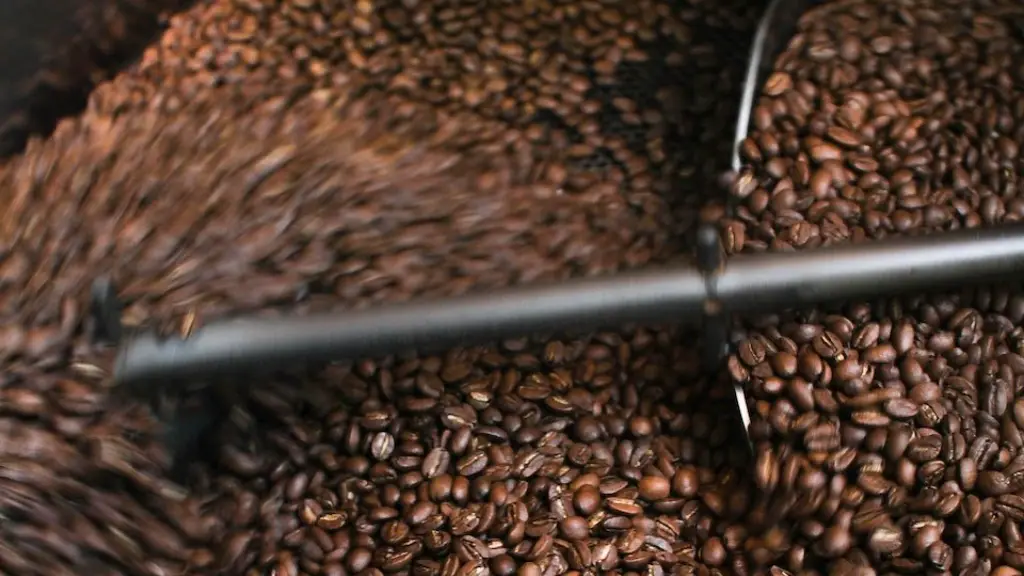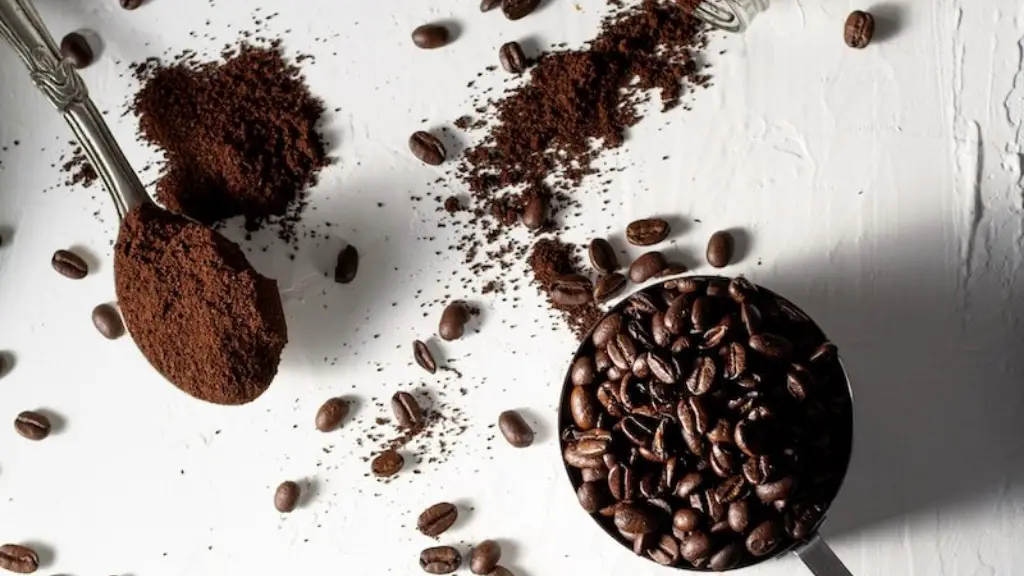Coffee and Cancer
Over the years, one of the most debatable topics has been the association between coffee drinking and cancer risk. Coffee, one of the world’s most widely consumed drinks, is often a routine for many, be it for its energising effects or pleasure. A multifaceted subject, this debate brings us to the fundamental question of whether you can indeed get cancer from drinking coffee.
One line of thinking is that because of the high concentration of caffeine in coffee, there may be a possible link between drinking coffee and increased risk of certain types of cancer. The International Agency of Research on Cancer (IARC) states that “unfiltered coffee” may possibly be carcinogenic, but it is important to note that only particularly unfiltered coffee, such as Greek, Turkish or espresso coffee, was the only type of coffee evaluated by the IARC. According to IARC, any other types of coffee – filtered or otherwise – is regarded as “not classifiable as to its carcinogenicity to humans”.
On the contrary, a number of studies also suggest that moderate coffee intake may even be beneficial for health, as seen from its potential cancer-protective attributes. For example, a 2014 study found that people who drink three to five cups of coffee per day have a lower risk of liver and endometrial cancer, compared to those who do not consume coffee. The Health Professionals Follow-up Study (HPFS) conducted in 2015 insinuated an inverse association between coffee intake and the risk of the most common type of skin cancer – basal cell carcinoma, or BCC. Subjects who drank four or more cups of coffee a day showed the greatest reduction in risk.
Amidst all the discourse, perhaps the best approach is to take into account the opinions of cancer experts around the world, like Dr. Janie Lee, cancer specialist at Stanford Health Care, California. “The evidence that coffee can cause cancer is not strong and conclusive,” she said. “Instead, many studies suggest that regular coffee drinking can even be beneficial in reducing the risk of certain cancers. I always encourage people to make informed decisions based on their own preferences and the current science regarding coffee and health, but it’s not the absolute cause of cancer.”
While it is of utmost importance to keep track of the general debate on coffee, it may be necessary to have an individual and personalised outlook on coffee’s relation to our own health. “Any changes in coffee drinking habits should first and foremost be decided by the individual and in consultation with their physician”, said Dr. Lee.
Coffee and Genetics
In concluding whether one can get cancer from drinking coffee, one factor to take into consideration is the powerful role of genetics in cancer risk. And for this to be answered, the field of genetics should be examined.
It is believed that genetics play a probably more significant role in cancer than any known environmental influences. In the case of coffee and cancer, genetics could determine why the same cup of coffee affects some individuals differently. It is possible that an individual’s genetic makeup could be one of the deciding factors in determining whether one increases his or her risk of cancer.
According to an article in the Wall Street Journal, scientists have studied the effects of coffee on different people who share a similar genetic makeup and who have a common predisposition towards cancer. Although it remains slightly inconclusive, there are certain indications that genetics may be a determining factor in how cancer is acquired after drinking coffee.
Additionally, Dr. Sheela Krishnaswamy, genetic advisor and oncologist based in Sanford, Florida, suggests that every individual’s genetic makeup is different, and with that, every person’s response to coffee drinking can potentially be different. “It is impossible to determine whether a single cup of coffee can possibly cause cancer in an individual. This is because we do not know how each individual’s genome metabolism is affected by coffee,” she said.
Dr. Krishnaswamy also believes that genetics play an important role in individual’s response to the caffeine contained in coffee, and this in turn has the potential to influence their risk for cancer.
Coffee and Toxins
The influence of environmental toxins in the onset of cancer should not be overlooked either. Naturally occurring toxins, such as mycotoxins, toxic chemicals which are produced by fungi, are found in high levels in coffee. Mycotoxins can be produced during the before and after-harvesting stages of coffee production and even during brewing, potentially posing the risk of cancer.
Another contaminant which is found in coffee, acrylamides, has also been suggested to increase cancer risk when present in high levels through diet. An International Agency of Research on Cancer (IARC) study done in 2017 found that drinking coffee can potentially contain higher levels of acrylamide, though not to a dangerous level. In fact, this study even suggested that the cancer risk of acrylamide in coffee was likely to be lower than previously suggested.
Nevertheless, it is important to point out that there is still a significant lack of research and evidence to concretely conclude any tangible link between coffee and an individual’s cancer risk regarding environmental toxins.
Coffee and Carcinogens
Though it remains undetermined whether you can get cancer from drinking coffee, another set of potential carcinogens may also be present in coffee. These are polycyclic aromatic hydrocarbons (PAHs).
PAHs are produced through any process which involves the burning of organic substances, such as when roasting the coffee beans. This process can potentially lead to a higher amount of PAHs present in coffee.
In addition, PAHs are also found in other food and drinks, such as fried items, smoked meats, and created through the burning of cigarettes and other similar products. A study done in 2016 suggested that a higher intake of PAHs may potentially be linked to an increase in cancer risk.
With that being said, the levels of PAHs in coffee beans or the amounts produced during the roasting process have been recorded as inconsistent, and it is still unclear whether the presence of PAHs in coffee could be a cancer-causing factor.
Coffee and the Immune System
Besides having a potential link to cancer, it is also possible that coffee may have an influence on the immune system too.
A paper published in 2014 found that heavy drinking of coffee could lead to an impaired immune system. The symptoms observed as a result of coffee drinking were inconsistent sleep, fatigue and even depression – suggesting a weakened immunity. This is because coffee may lead to the body creating too much of a certain type of protein that impair the immune system.
Apart from this research, the myriad of studies on coffee’s effect on the immune system portray different conclusions. While some studies have found that coffee can help to improve the immune system, others imply that it can contribute to a decline in the body’s defence.
Thus, it is important to understand the complexity of the studies on the influence of coffee on the immune system and how coffee, with an individual’s genetic makeup, could potentially cause of decline in the immune system and cancer.
Overall
In sum, while the scientific community may be debating on the possible link between coffee and cancer, it is fundamental to remember that each individual responds to coffee and cancer differently. It would be important to note that it is not one factor which affects an individual’s response to coffee, but a combination of all the factors discussed.
The role of genetics, environmental toxins and carcinogens may enhance our understanding on the possible connection between coffee and cancer is heavily present, and thus a personalised outlook may be necessary to truly assess the impact of coffee drinking habits on our own health.





